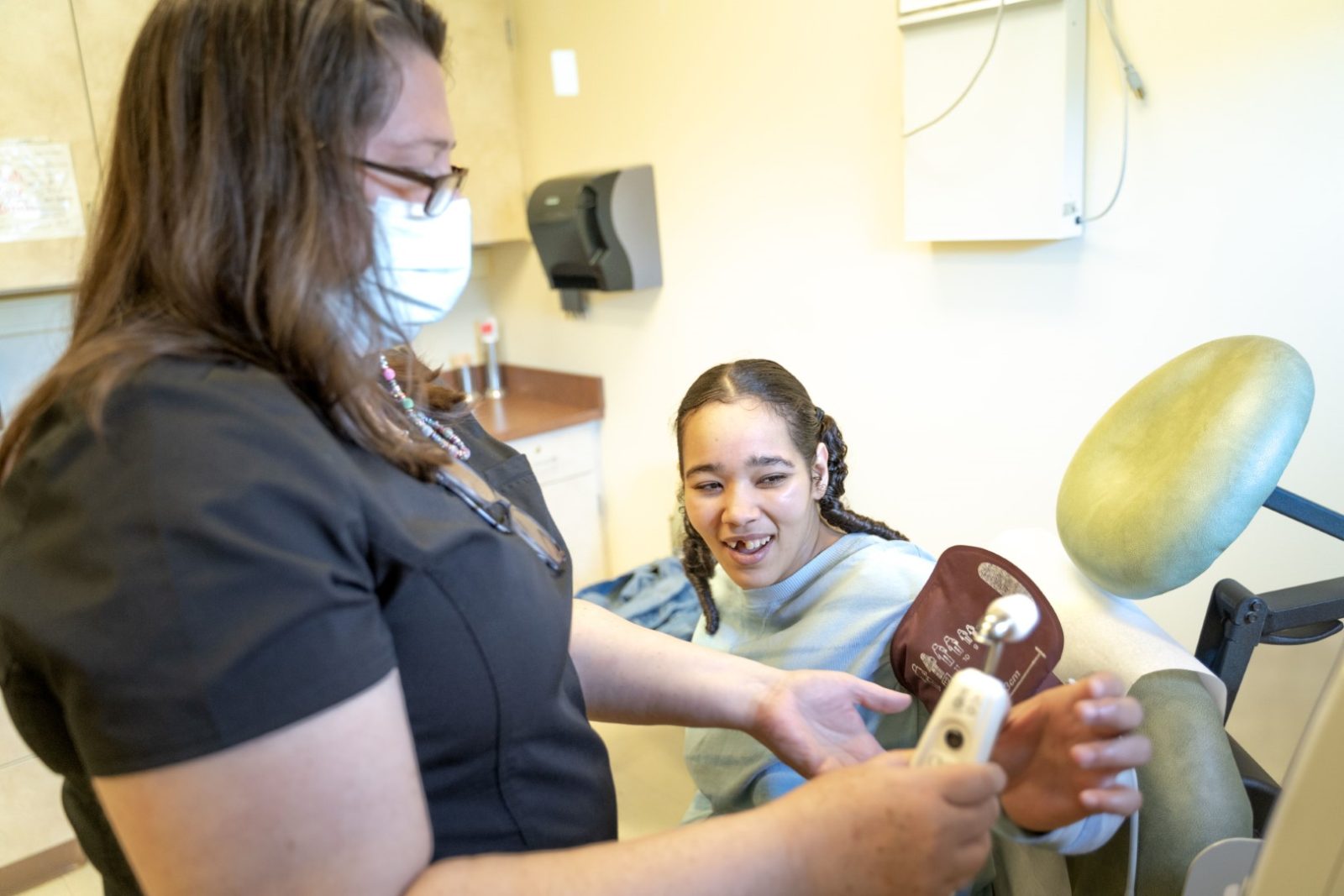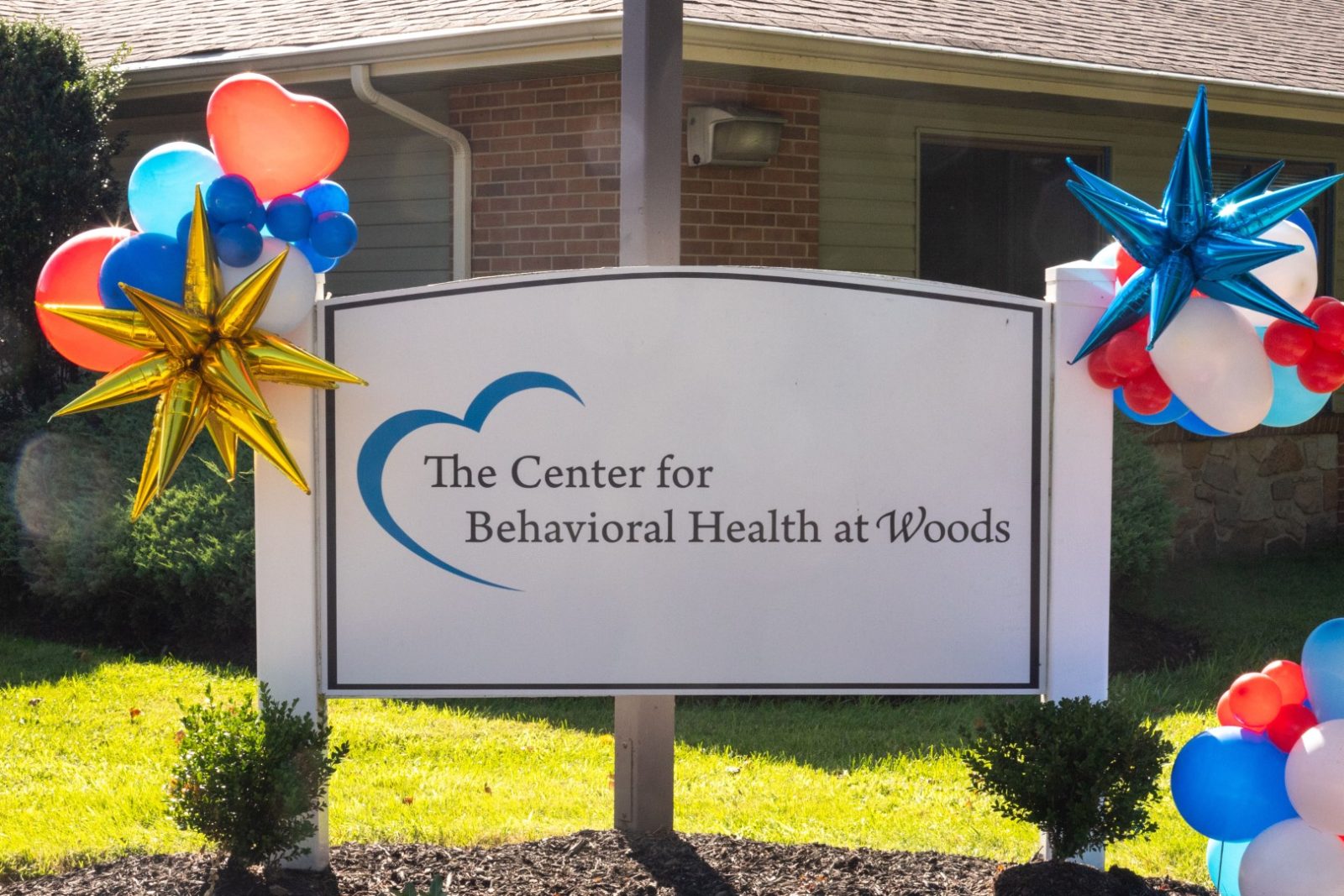The right to the “highest attainable standard of physical and mental health” is a fundamental human right. In an ideal world, everyone would have equal opportunities to achieve and maintain good health.
Sadly, persistent disparities and discrimination mean several populations experience unequal health outcomes. Among these populations are individuals with intellectual and developmental disabilities, autism, and mental health challenges.
Inclusive healthcare is a cornerstone of a just and equitable society. It ensures everyone — regardless of race, gender, sexual orientation, socioeconomic status, or any other characteristic, including level of ability — has access to high-quality medical services.
How Achieving Health Equity Benefits Society
Achieving health equity — the state in which “everyone has a fair and just opportunity to attain their optimal health” regardless of factors affecting access to care and outcomes – is more than a moral imperative. It’s also a pragmatic necessity.
Equity and inclusion in healthcare can benefit society as a whole in several ways:
Improved Overall Well-being
 When all populations receive equal access to healthcare services and resources, people can live healthier and longer lives, free from preventable diseases and conditions. They can work, study, and engage in other activities without fear of being limited by health issues. Inclusive healthcare supports people’s economic productivity and social integration, which contributes to the community’s overall progress.
When all populations receive equal access to healthcare services and resources, people can live healthier and longer lives, free from preventable diseases and conditions. They can work, study, and engage in other activities without fear of being limited by health issues. Inclusive healthcare supports people’s economic productivity and social integration, which contributes to the community’s overall progress.
Greater Equality and Social Justice
By addressing health’s underlying social determinants – such as poverty, discrimination, education, and access to healthcare – societies break down barriers that have historically disadvantaged and denied certain communities the opportunity to thrive. By working toward health equity, societies demonstrate their commitment to justice, fairness, and human dignity.
Potential Reduction of Healthcare Costs
When everyone has access to preventive care, regular screenings, and early interventions, medical professionals can detect and address health issues at early stages. Doing so eases burdens on the healthcare system and improves the population’s overall health. By investing in health equity, societies can save significant amounts of money, which they can then allocate toward other important areas.
Increased Social Cohesion and Resilience
Knowing how to promote diversity and inclusion in healthcare can reduce social tensions and promote social cohesion. Health equity creates an environment where people feel valued, respected, and supported. It strengthens bonds within communities and encourages collective action toward common health goals.
Woods Healthcare is Committed to Equitable, Inclusive Healthcare
 The Woods System of Care meets the complex medical and behavioral healthcare needs of individuals of all ages who have intellectual and developmental disabilities, autism, and mental health challenges.
The Woods System of Care meets the complex medical and behavioral healthcare needs of individuals of all ages who have intellectual and developmental disabilities, autism, and mental health challenges.
Our expert and affordable primary medical, behavioral, and dental care is timely, accessible, and tailored to each patient’s unique needs.
Just as important as our services, we create a safe, comfortable, and genuinely welcoming environment for all whom we serve. Patients who feel welcomed and valued are more likely to communicate openly with their healthcare providers, leading to better outcomes.
If you would like to know more about our commitment to inclusive healthcare and how we can serve you or your loved one with disabilities, please contact us with your questions, or to schedule an appointment.
If you are a healthcare provider interested in working with the Woods System of Care, please send us an email: info@woodshealthcare.org


